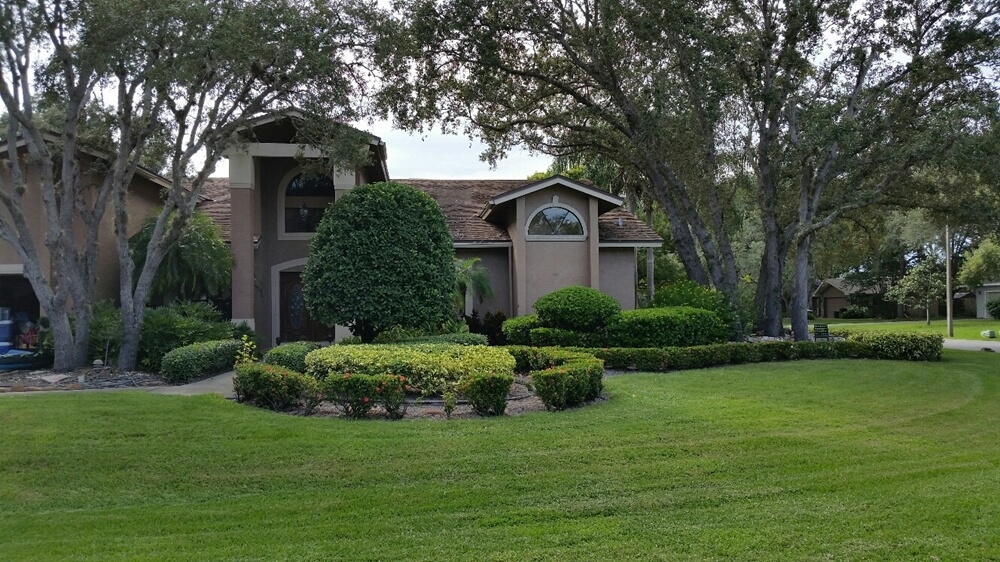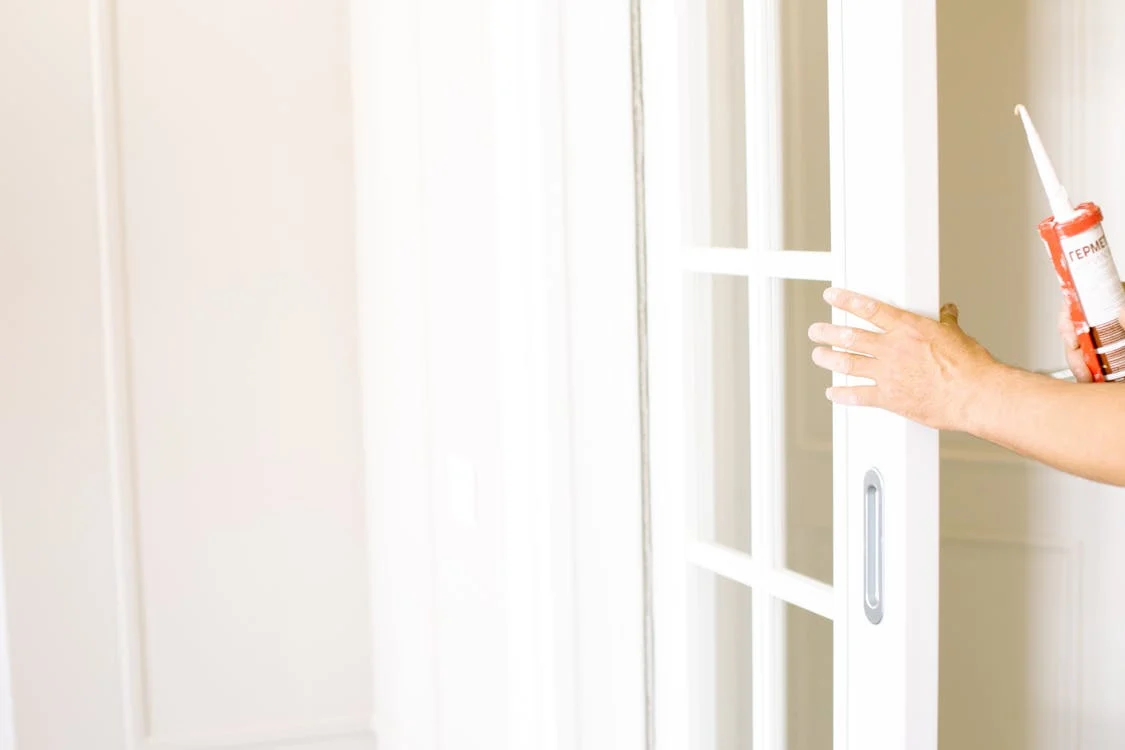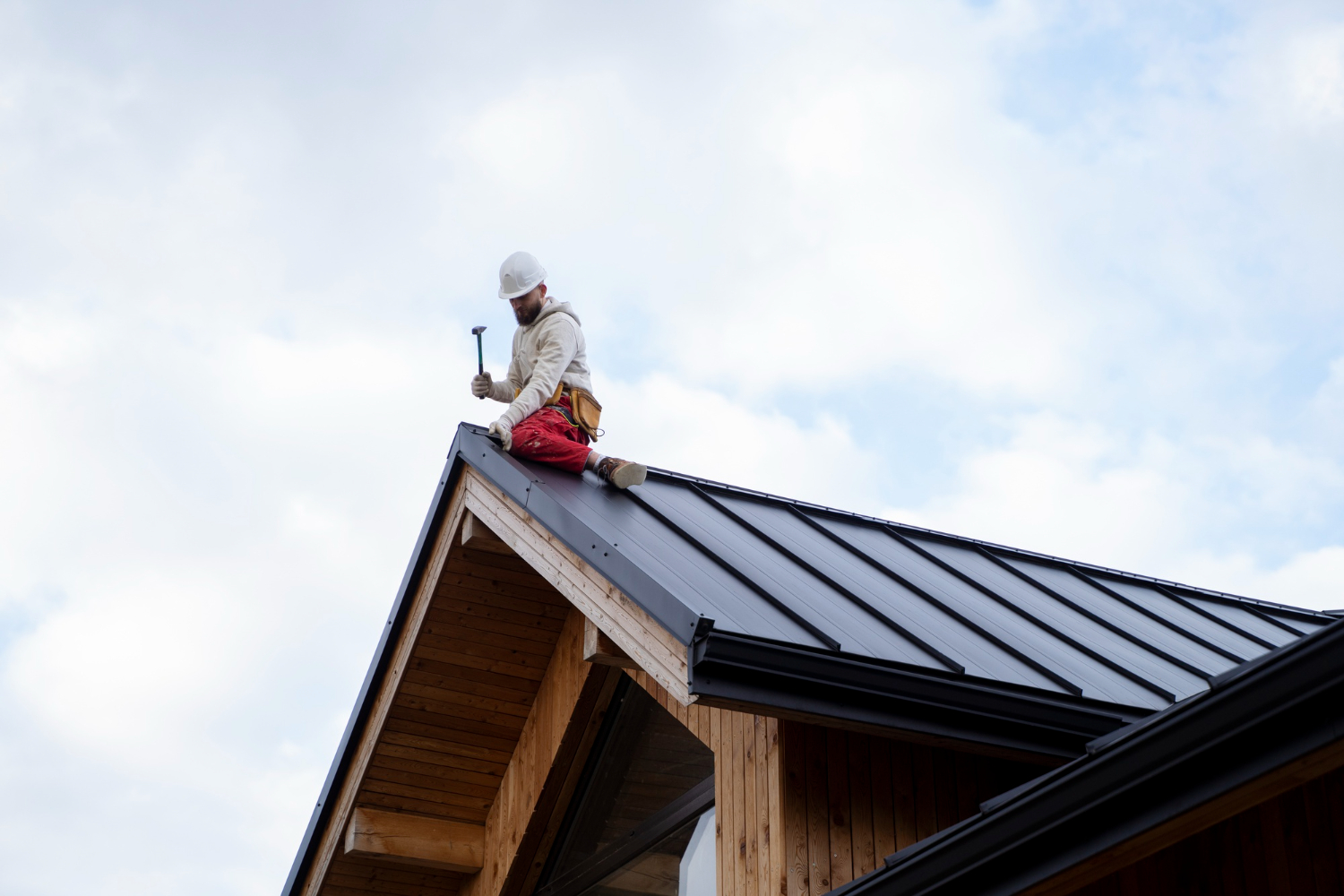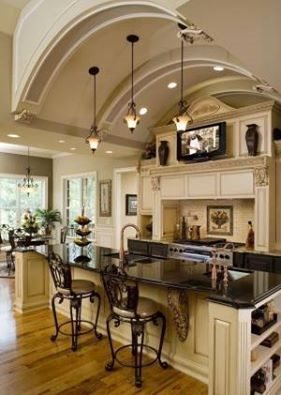By using our website, you agree to the use of cookies as described in our Cookie Policy
a
Rss Feed
Guide to Navigating Condo Board Regulations During Major Renovations
Renovating a condo can be an exciting yet challenging experience. Unlike single-family homes, condominiums come with a unique set of rules and regulations from the condo board. These guidelines are in place to maintain the integrity of the building and ensure that renovations do not disrupt other residents. Understanding these regulations is essential to avoid delays, unexpected costs, and potential legal issues. Whether you're updating your kitchen, installing new flooring, or remodeling your bathroom, understanding how to work within condo board rules will help your renovation proceed smoothly.
Understanding the Role of the Condo Board
A condo board is responsible for enforcing rules that protect the property and its residents. These rules often cover noise levels, construction hours, material approvals, and structural modifications. Before beginning any renovation, it is crucial to review your condo’s bylaws and regulations. Some boards have strict guidelines about what can and cannot be changed, while others may require board approval before any work begins. Being proactive in understanding these rules can save you significant time and frustration.
Condo Board Regulations: Obtaining Necessary Approvals
Most condo boards require owners to submit renovation plans for approval. This process typically involves providing detailed drawings, contractor information, and a project timeline. Some boards may also request proof of contractor insurance and permits. Securing these approvals before starting your renovation prevents potential fines and conflicts with the board. Communicating openly with the board and following its required steps can streamline the approval process.
Complying with Construction Hours and Noise Regulations
Noise is one of the biggest concerns for condo residents, and condo boards often have strict rules regarding when construction can take place. Many buildings only permit renovation work during specific hours on weekdays and may prohibit work on weekends or holidays. Checking your condo’s noise regulations and informing your contractor about these restrictions will help prevent complaints from neighbors and potential fines from the board.
Selecting Condo-Friendly Materials
Certain materials, such as flooring, may be subject to regulations by the condo board. For example, some buildings require soundproof underlayment for new flooring to minimize noise transmission between units. Others may have restrictions on plumbing and electrical modifications to prevent damage to shared systems. Reviewing these requirements before purchasing materials ensures compliance and avoids costly changes later.
Working with Licensed and Insured Contractors
Many condo boards require homeowners to hire licensed and insured contractors to perform renovations. This regulation helps protect the building and ensures that work is done professionally and safely. Before hiring a contractor, confirm that they meet the board’s requirements and provide proof of insurance. Using approved professionals can also expedite the approval process and reduce the risk of liability issues.
Managing Shared Spaces and Common Areas
Renovations often require the movement of materials and debris through common areas such as hallways, elevators, and lobbies. Condominium boards may have specific rules regarding the transportation of materials and the storage of construction debris. Some buildings require residents to book service elevators in advance or place protective coverings in hallways. Following these rules prevents damage to common areas and maintains positive relationships with neighbors and building management.
Handling Waste and Debris Disposal
The proper disposal of construction debris is another key aspect of condo renovations. Many buildings have designated areas for waste disposal and prohibit residents from leaving debris in hallways or common spaces. Some condo boards may require homeowners to rent specific dumpsters or use disposal services approved by the building. Understanding these waste management policies ensures compliance and prevents potential fines or disputes.
 Handling waste and debris in accordance with condo board regulations can also be important.
Handling waste and debris in accordance with condo board regulations can also be important.
Considering Temporary Storage During Renovation
Major renovations often require clearing out furniture and personal belongings to create space for construction work. If you need extra space during this time, temporary storage during apartment renovation can be a practical solution. Many storage facilities offer short-term options that keep your belongings safe while work is completed. Some condo buildings may also have designated storage areas available for residents undergoing renovations. Checking with your condo board about storage options can help you plan accordingly.
Minimizing Disruptions to Neighbors
Condo living means sharing walls, ceilings, and floors with neighbors, making it important to be considerate during renovations. Informing your neighbors about the project, expected timelines, and any noisy work can help maintain goodwill. Some condo boards require residents to provide advance notice to neighbors about upcoming renovations. Taking the initiative to communicate and address concerns can make the process smoother for everyone involved.
 Some condo boards require residents to provide advance notice to neighbors about upcoming renovations
Some condo boards require residents to provide advance notice to neighbors about upcoming renovations
Navigating Unexpected Delays and Issues
Even with careful planning, renovations can encounter unexpected delays due to supply chain issues, contractor availability, or unforeseen structural problems. Condo boards may require updates on project timelines and approvals for any changes to the original renovation plan. Staying in close communication with the board and promptly addressing any concerns can help keep your project on track and avoid unnecessary setbacks.
Final Inspections and Compliance Checks
Many condo boards require final inspections after renovations are completed to ensure compliance with building regulations and codes. This may involve checking structural modifications, plumbing and electrical work, and material installations. Scheduling this inspection in advance and addressing any required adjustments promptly can prevent disputes and ensure that your renovations meet all necessary guidelines.
Conclusion
Navigating condo board regulations during major renovations requires careful planning, clear communication, and strict adherence to building policies. Understanding the rules, obtaining approvals, and working with licensed professionals can help streamline the renovation process. Taking steps to minimize noise, manage waste, and store belongings properly will also contribute to a smoother experience. By respecting condo board guidelines and maintaining good relationships with neighbors and building management, you can complete your renovations while avoiding unnecessary complications.
https://www.pexels.com/photo/person-holding-the-door-3615723/
https://www.pexels.com/photo/trash-near-door-1549528/
https://www.pexels.com/photo/angry-woman-is-screaming-3775123/
‹ Back






.png)
